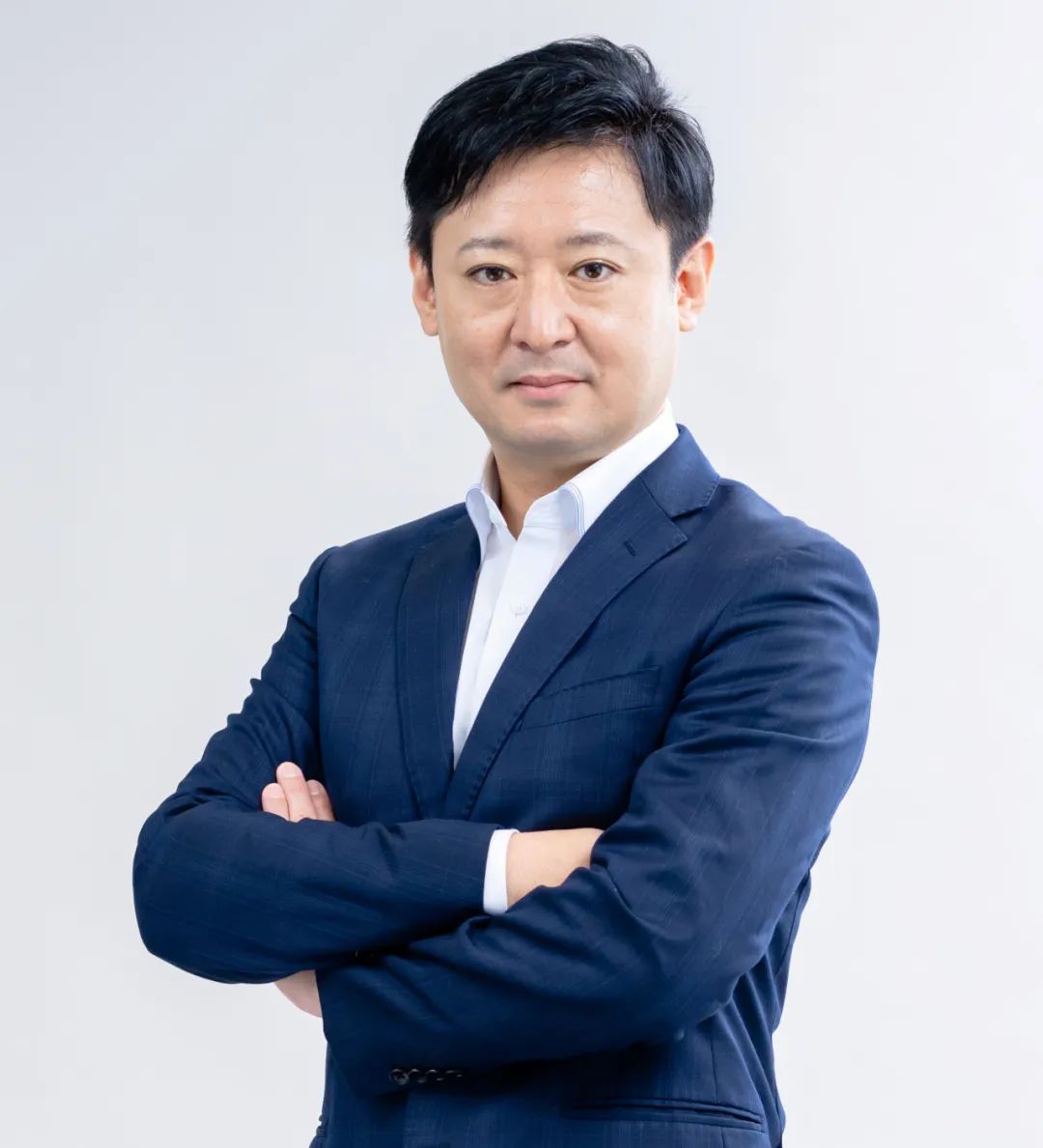Entrepreneur links Japanese innovators with SZ supply chain
WHILE Japan’s consumer electronics market is dominated by globally renowned giants such as Sony, Panasonic and Hitachi, some startups founded by young IT talents are still trying to share the spoils through developing more creative products.
Behind the work of these young talents, there enters Jenesis Shenzhen Co. Ltd., a Shenzhen-based electronics company that utilizes the city’s supply chain to help transform those IT talents’ bold ideas into products.

Junichi Fujioka
Founded by Junichi Fujioka, a Japanese expat who has been in Shenzhen for around 18 years, the company specializes in the research, development and manufacturing of IoT (Internet of Things) hardware devices and consumer electronics, mainly for Japanese companies.
At one of the company’s display shelves, visitors can find products, including AI translation devices, smart locks and educational robots, as well as more interesting products, such as a disinfection device that sprays disinfectant when you smile at it, or an electric guitar with buttons rather than strings, designed to help people play easily.
“In Japan, there are many young people who are good at software innovation, but they’re unfamiliar with hardware. That’s where we step in,” Fujioka said.
Large Japanese enterprises, such as Sony and Panasonic, often outsource their hardware work to large manufacturers like Foxconn. “But the development process often takes one or two years. It’s not flexible enough,” Fujioka said. “For software companies, especially startups, it’s not easy to find hardware service providers. They can attend fairs in Hong Kong or Shenzhen, but local providers often fail to understand Japanese clients’ requirements on after-sales services and details about a product’s outlook.”
With a good understanding of the Japanese market, Fujioka becomes a bridge between Japanese software companies who are unfamiliar with hardware work, and Shenzhen’s hardware suppliers. So far, his company has developed over 500 products for Japanese companies. After receiving orders from Japan, they proceed research, development and manufacturing in Shenzhen and provide after-sales services at their own maintenance center back in Japan.
In the past, Fujioka’s company mostly uses chips made in the U.S. or China’s Taiwan, but in recent years, they also started using chips made by manufacturers from the mainland and outsource some R&D work to Shenzhen’s solution providers.
“Shenzhen used to be a global factory, but now it has become a global IT research and development center. Currently, we partner with around 10 solution providers in the city,” he said.
Around 18 years ago, Fujioka came to Shenzhen as an employee of a Hong Kong trade company. In around 2010, he founded his own trade company in Shenzhen, and three years later, he started his own factory.
Over the past years, the rising cost of raw materials, rent and labor has driven some of Fujioka’s peers to relocate their businesses to other cities, but Fujioka chose to stay in Shenzhen.
For one thing, his company needs the R&D talents that Shenzhen provides. For another, he also relies on the city’s supply chain. “Some cities can provide software engineering solutions, but they don’t have a hardware supply chain,” Fujioka said. “In Shenzhen, all our solution providers are within walking distances, and we can get to the hardware providers within two hours. We rely on Shenzhen’s power very much.”